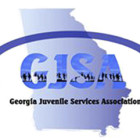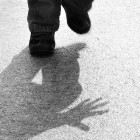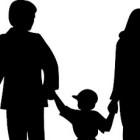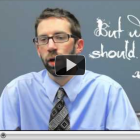
Cherie Miller On What a Terrible Parent a State Makes
|
I went into foster parenting with a touch of optimism, a dash of parenting skills and a whole heap of naiveté, none of which prepared me for the role of foster parent. One of my first lessons was the tenuous role I actually was allowed to play in two little girl’s lives. I welcomed Jayden* and Alicia* into my suburban Wheaton, Ill., home on a sunny morning in August. The bedroom was prepared with bunk beds and a chest of drawers ready to fill with little girl clothes and toys. We had a great set-up for adding children to our family of three sons.







